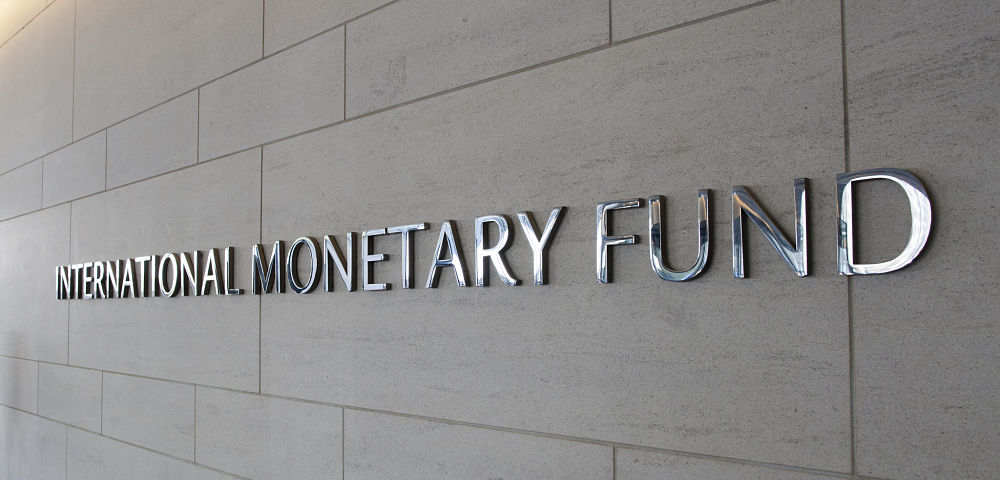IMF Warns Global Economic Stability at Risk from No-Deal Brexit

A no-deal Brexit would send shockwaves through the global financial system and is one of the main risks to economic stability, the
Echoing concerns from the
The warning puts further pressure on the European Research Group (ERG) of Conservative MPs to justify a no-deal Brexit over a compromise negotiated by the prime minister that includes an agreement on cross-border financial contracts.
Theresa May is seeking a settlement that at the very least would provide the legal framework for planes to fly across the channel, medicines to be imported from the continent and trillions of pounds worth of cross-border financial contracts to be maintained.
A no-deal scenario has the potential to undermine legal contracts and disrupt trade with the result that the
But it warned in a report for its annual meeting, which is staged this year in the Indonesian resort of
“A rise in political and policy uncertainty could adversely affect financial market confidence,” the IMF said in its financial stability report. “For example, growing anxiety about a breakdown in Brexit negotiations could give rise to contractual and operational uncertainties in the
It added: “In general, the likelihood and severity of financial stability risks will be reduced by a closer relationship between the
The importance of
EU firms have about £69tn of outstanding derivatives contracts that must be settled in
The Bank has also estimated that £55bn worth of insurance contracts sold by
Such is the scale of the potential threat to the financial system that the IMF said central banks should stand ready to provide their own commercial banks with extra borrowing facilities. It also warned that
“Central banks should be prepared to use available instruments as needed. On the external side, a disorderly exit could lead to capital outflows. Authorities should closely monitor such developments and be aware of the potential for sharp asset price moves,” it said in its report.
The ERG has argued that a no-deal Brexit may be a better option than one that kept
It has dismissed concerns that the EU would block cross-border financial transactions from being processed in



